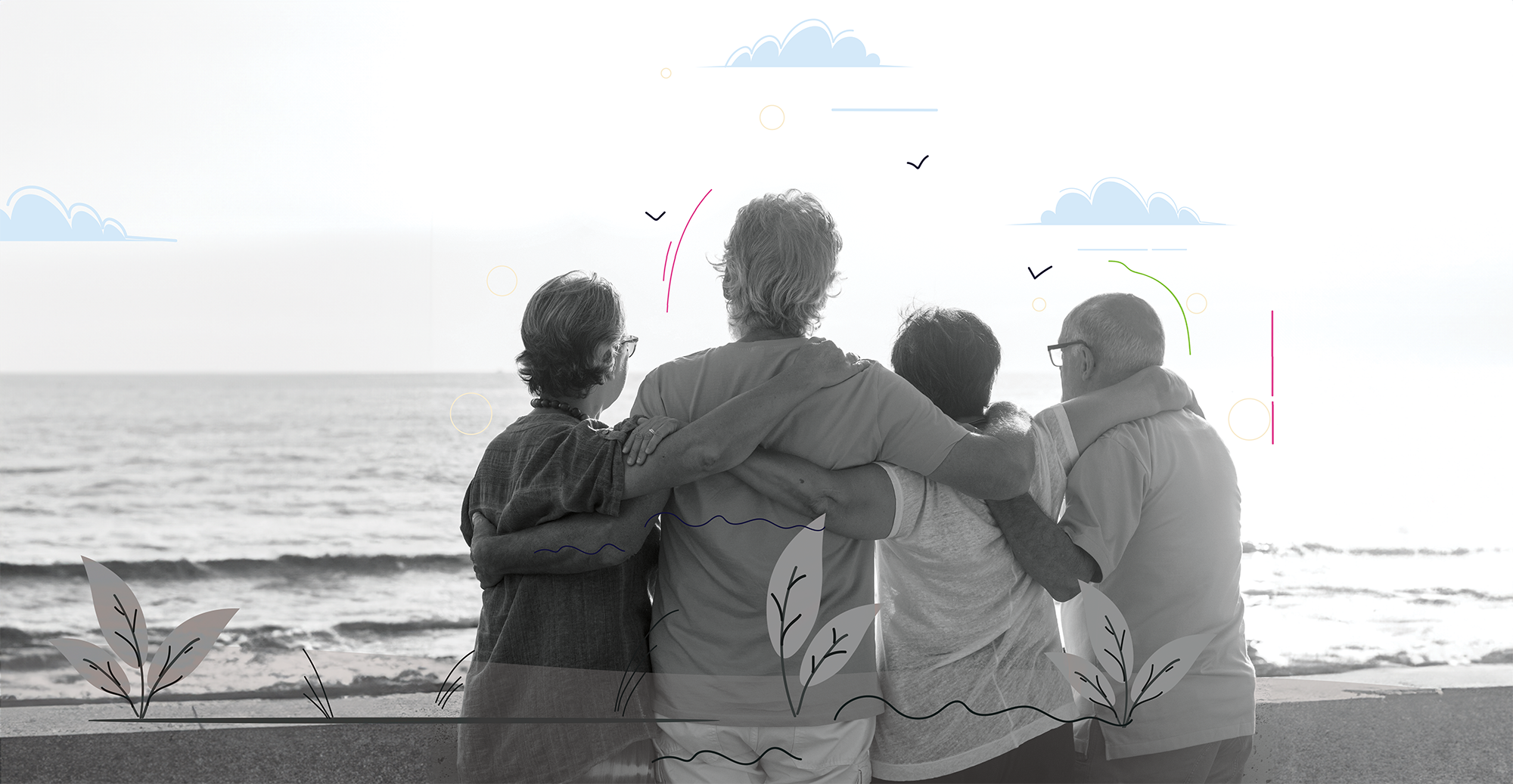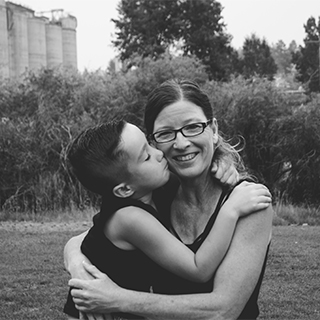MONTANA VOICES AMPLIFIED: Tell People What You Need! We’re All in this Together

By Maclaen R. Burningham
Author Maclaen R. Burningham lives in Polson, MT, with his roommate, Heather the cat. He is a self-advocate and has served on the Rural Institute’s Consumer Advisory Council for 12 years.
I heard a person with a disability comment, “It is hard, I do not want others to know I am struggling. I just keep to myself.”
It’s important to talk about it to help you feel better. Hopefully others can help you. Talk openly so you can solve problems. When you talk about your needs and figure out what to do, it will help you to be more successful. I know that when I do that, it helps me be more successful even though I may be nervous or scared or whatever…It really does help in the long run.
Some may think they don’t want others to know more about them because they’re afraid others may make fun of them. Some might, but don’t give up. There will always be people who won’t understand. But talking and explaining is what will help them to understand. Then your needs can be met and you have made another friend, who may at some point need YOU to understand THEM.
I have Prader-Willi Syndrome. Prader-Willi Syndrome means there is serious risk to my health if I overeat or have too many calories. Sadly, I do not have the ability to control my constant urge to eat. It is key for me to let others know about this, so I can have their support.
I didn’t realize this when I was younger so I tried to hide my disability. Hiding didn’t help me. It only made me overweight, unhealthy and unable to physically do lots of things. It affected my mental health. It affected those who love me.
Sometimes I haven't done what I need to do to be healthy and made mistakes. If I keep thinking about my mistakes, I struggle with sadness and stress and want to keep to myself. But refusing to dwell on that mistake and calling it "history" means I have learned from it. It is in the past. I can move forward to doing and feeling better. If a person tries to walk forward while looking back, they could fall. That's why you look forward. You see more clearly and life is much better.
When you do what you’re supposed to do in the best way you can, and you follow your plan, you will feel good and have more success. Thinking good thoughts and moving forward gives you freedom.
There is also freedom in sharing your needs with other people so they can help you be successful. When they know, they become a part of your "team". You are there for each other.
It can be intimidating or uncomfortable for someone to approach a person with a disability. Strangers aren’t sure what the disability entails. Often when one ventures to try, it comes off as if speaking to a baby, or loudly as if the person with a disability cannot hear. Elderly persons have often found this to be the case also.
When the person with a disability is the one that begins a conversation, it may take the other person off guard. This is often the case with anyone for that matter. Being open and honest puts the other person at ease. They will open up to you also. You may be surprised at what you learn. They are probably struggling with something too.
We are all in this together.
Disclaimer:
This publication was developed under Grant H84MC32752 from the Health Resources and Services Administration (HRSA), Family to Family Health Information Center, $96,750. Views and opinions expressed in this article are the author’s and do not necessarily reflect the official policy or position of the Montana Family to Family Health Information Center, the Rural Institute for Inclusive Communities, the University of Montana, or HRSA.
Montana Voices Amplified:
The Montana Voices Amplified project offers people of all ages and abilities a stage to speak for themselves. The series is hosted by the Montana Family to Family Health Information Center (MT F2F), a program of the Rural Institute for Inclusive Communities (RIIC) at the University of Montana.
Montana Voices Amplified provides a microphone and broad audience so the stories, lessons, causes, and advice of individuals with disabilities and their families are heard.
Montana Voices Amplified welcomes submissions of five-minute videos or 600-700-word essays on any topic related to your lived experience as a person with a disability or caring for someone with a disability.
Authors of chosen submissions receive $100. Videos will be posted on the MT F2F website and shared on social media. Essays will be posted on the website and ScholarWorks, shared on social media, and printed in a professionally designed publication to distribute to families, schools, agencies, and legislators as appropriate.
Let us amplify YOUR voice!
Send your idea for an article or brief video to molly.haniszewski@mso.umt.edu

